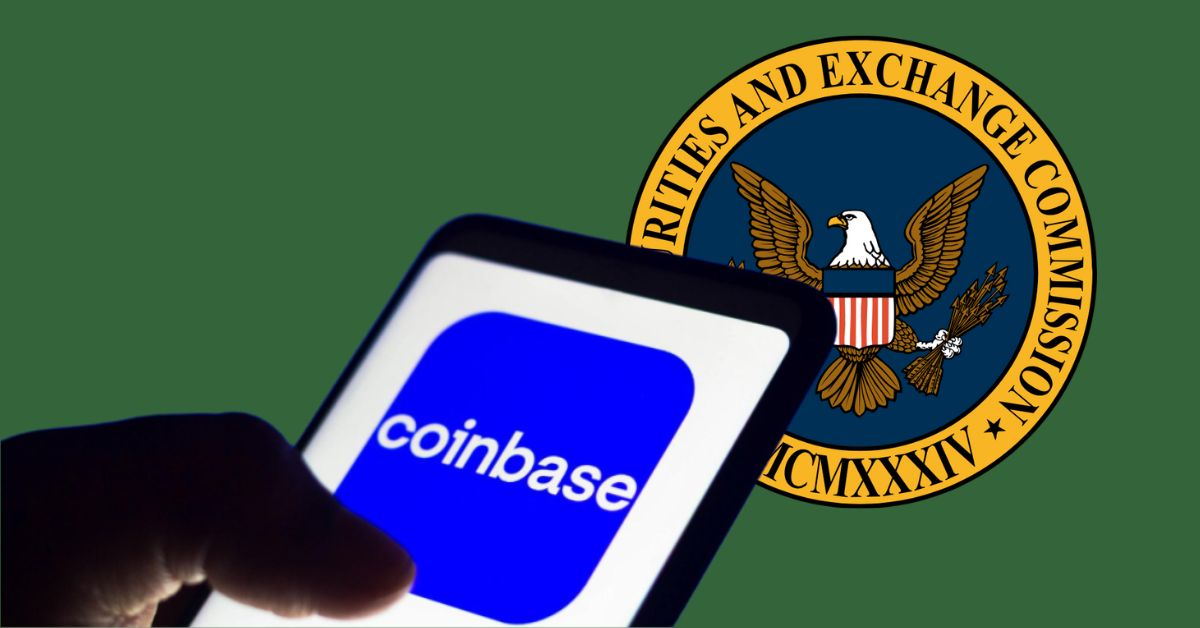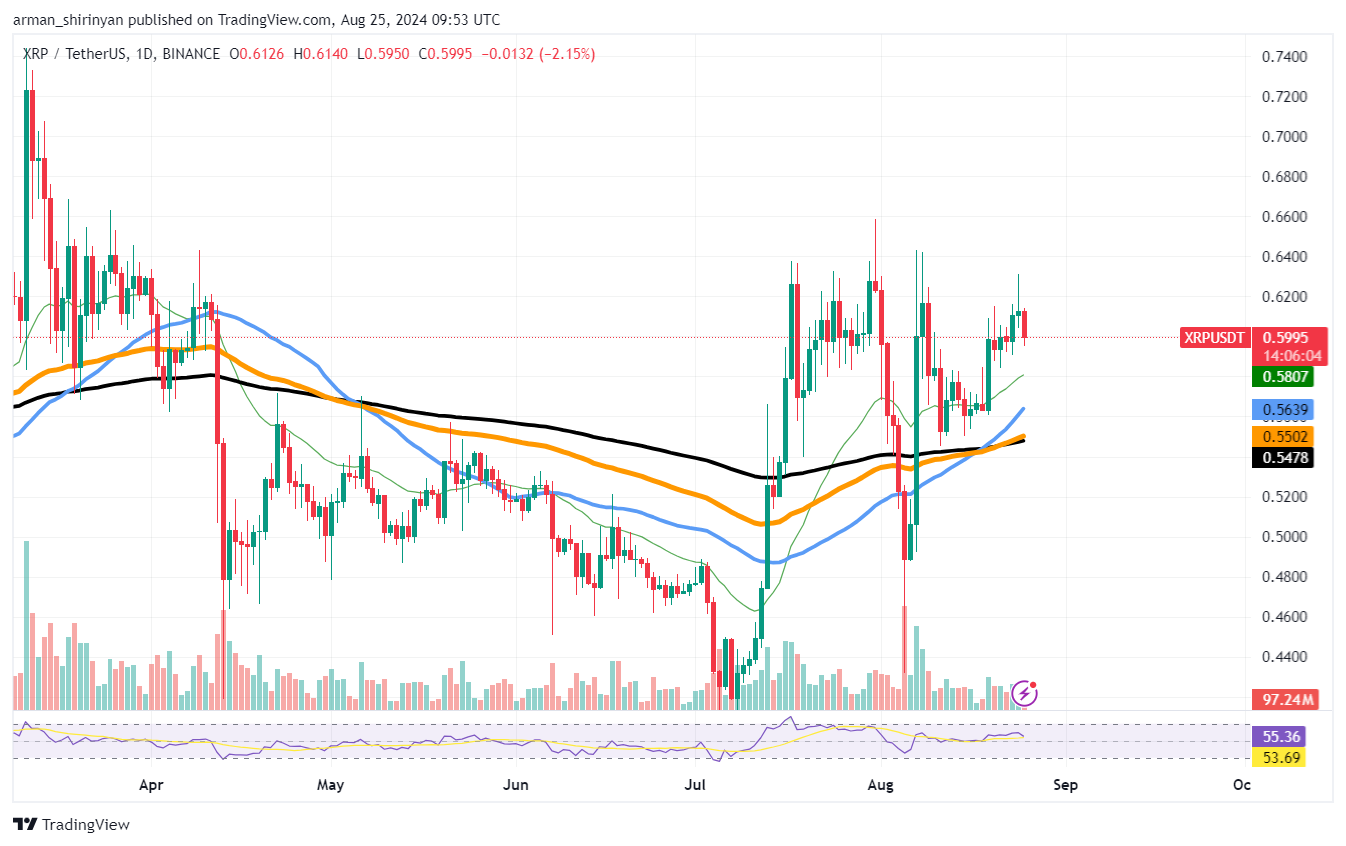John Reed Stark, former Chief of the SEC’s Office of Internet Enforcement, recently clarified his thoughts about Coinbase’s defense. According to him, the recent court order by Judge Katherine Polk Failla supported the SEC’s opinion that Coinbase indeed offered securities, countering the latter’s claim about regulatory ambiguity concerning crypto’s status as a security.
Clarification or Confusion?
In his tweet, Stark pointed out that Judge Failla’s decision to deny Coinbase’s motion to dismiss the SEC case, along with similar cases like Kik, Telegram, LBRY, and TerraForm Labs, shows legal precedents that date back decades.
Stark argues that they already provide clear regulatory guidelines, contradicting Coinbase’s claim of a “lack of Regulatory Clarity.” Stark’s comments suggest that Coinbase’s argument lacks substantial support, as the regulatory framework for what constitutes security has been well-established and grounded in 80 years of legal practice.
Dissecting the SEC’s Memo
The SEC’s memorandum details Coinbase’s tactics in court, accusing the company of creating a misleading narrative to cause an interlocutory review. The SEC claims that Coinbase’s framing of issues around “contractual obligations” and its interpretation of the Howey test about digital assets involve a significant stretch of existing legal frameworks.
According to the SEC, Coinbase’s approach also attempts to force a reinterpretation of established laws. This strategy, the SEC argues, could undermine the finality of court decisions, suggesting that Coinbase is pushing for legal exceptions.
Coinbase CLO Slams SEC
On the other side of this debate, Paul Grewal, Coinbase’s Chief Legal Officer, expressed his frustrations with the SEC’s handling of their case. He highlighted that the SEC bypassed its typical Wells process in the case against Coinbase.
This process usually involves the SEC providing a detailed explanation of the evidence it would use against a potential defendant, which Grewal claims did not occur. He questioned the fairness and transparency of the SEC’s actions, suggesting that the omission might be a weaker action from the SEC regarding Coinbase’s activities.







